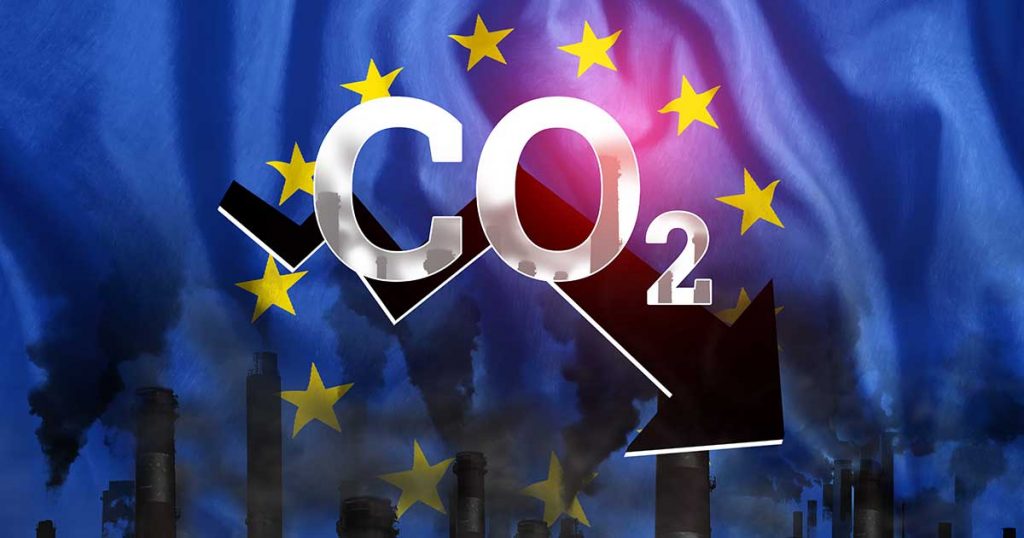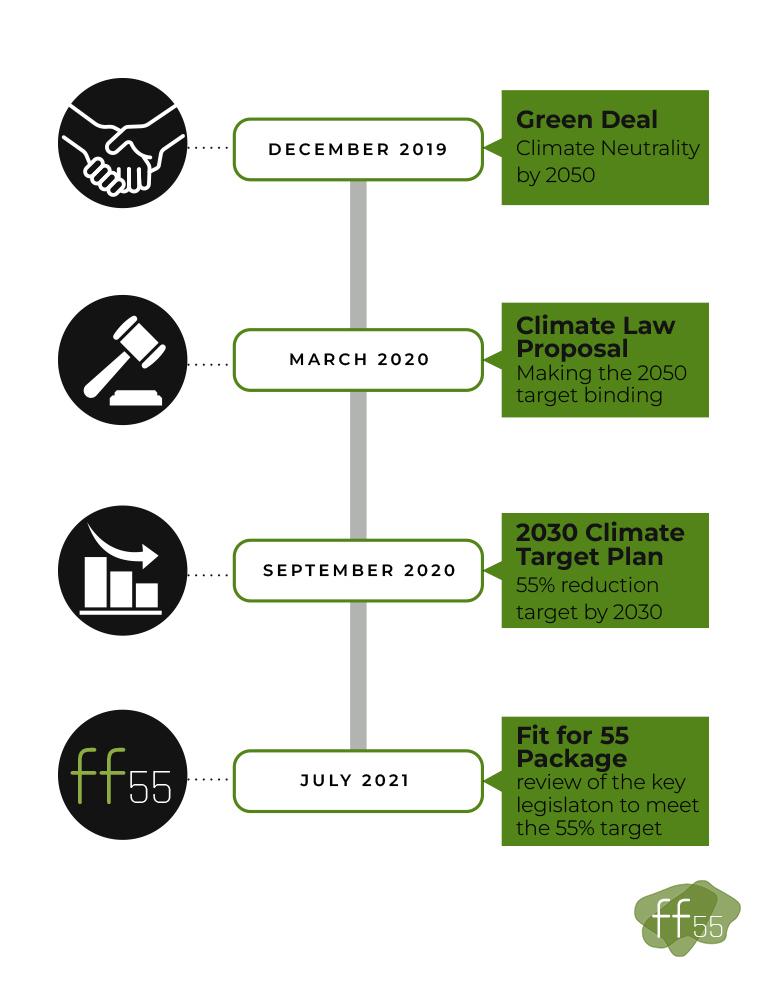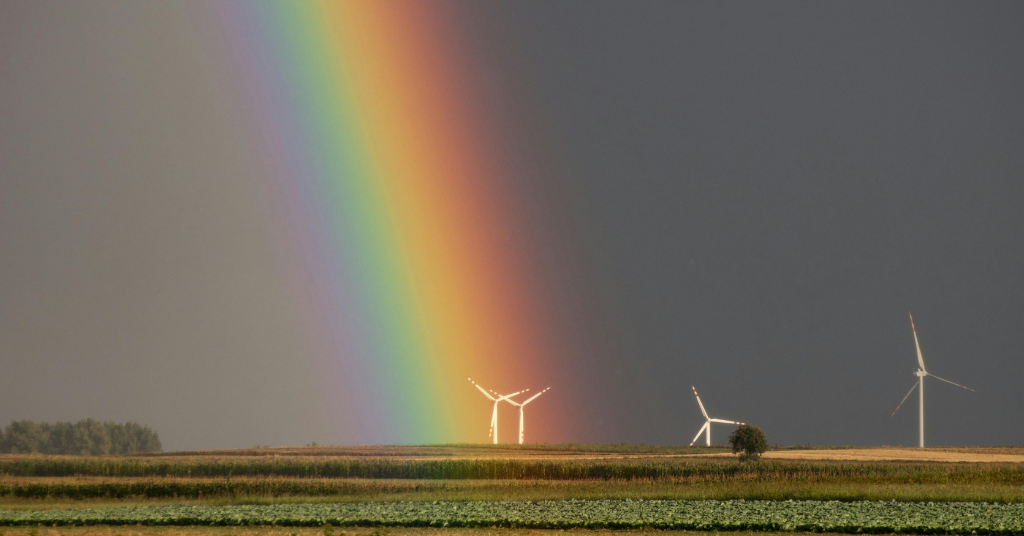The European Union is committed to taking the lead in the global fight against climate change.
The package consists of new legislative proposals as well as amendments to existing EU legislation.
The main objectives of the proposal are:
- extending the application of emissions trading to new sectors and tightening the current EU emissions trading scheme;
- increasing the use of renewable energy;
- greater energy efficiency;
- speeding up the implemention of low-emission transport-, infrastructure- and fuel policies;
- aligning tax policies with the objectives of the European Green Deal;
- measures to prevent carbon leakage;
- tools for conserving and enhancing natural carbon sinks.
The main areas for action are:
- renewable energy;
- energy efficiency;
- more alternative fuels, more charging stations for electric vehicles;
- energy taxation;
- carbon duty on certain imported goods;
- greenhouse gas emissions, taking all sectors of the economy;
- greenhouse gas absorption, e.g. by forests;
- ensuring a fair transition.
The essence of the package of proposals is that all major economic sectors, – e.g. transport, construction, energy – must take a major role, taking a new path of growth. The Commission envisages that the emission reductions needed to avoid an ecological disaster and the associated radical transformation will create jobs, foster innovation and growth, reduce external energy dependency and improve security of supply.
Before immersing into the more complex subject of EU legislation, let us first look at why the fight against climate change is so urgent. The increasing accumulation of greenhouse gases in the atmosphere – for example by burning fossil fuels – is leading to a warming of the planet’s surface, which affects the environment. By rapidly reducing greenhouse gas emissions, we can reduce the risk of a drastic and dangerous climate change.






